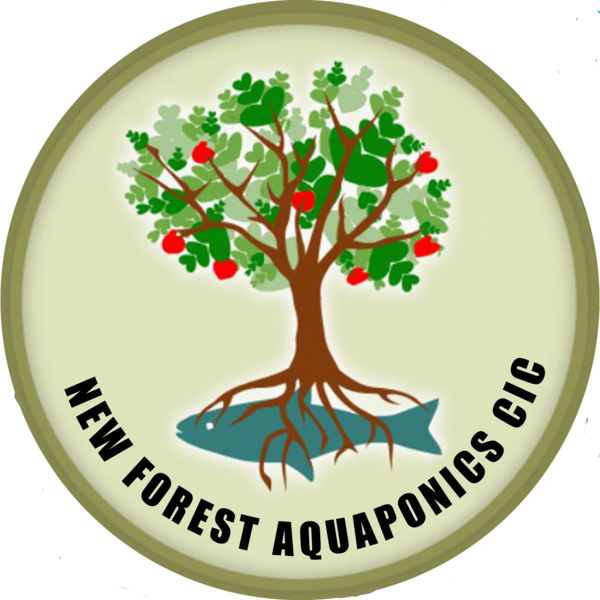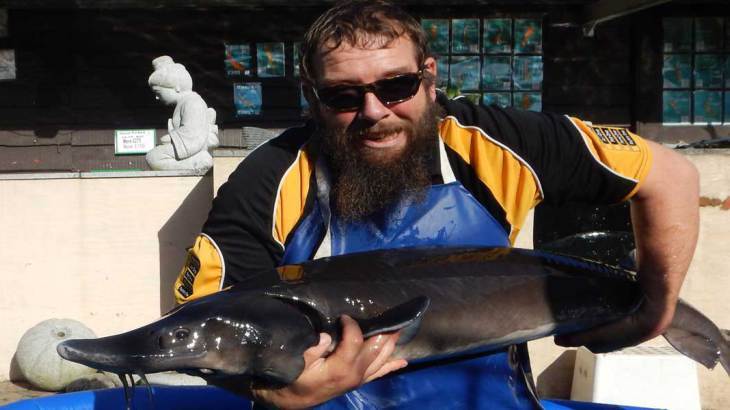The simple answer is they are pretty awesome creatures! They have been around for millions of years and carry the past within them. I see our sturgeon on a daily basis, and have done so for the past 16 years and they still bring me a sense of awe when they swim past. Sometimes eyeing me up from beneath the water. I don't think I bring the same sense of awe to them.
https://www.port.ac.uk/news-events-and-blogs/news/first-ever-sturgeon-to-be-found-in-africa
David has been captivated by Sturgeon since 1978, when the aquatic shop he was working in as a Saturday boy got in a sterlet. A lifelong obsession began.
Whilst doing his HND in fish farming and fisheries management at Sparsholt college (1985 - 1987) his thesis was on sturgeon and sturgeon farming. His lecturer asked if we needed a new species in UK aquaculture, his answer was yes then and is still yes today.
All around the world there are successful sturgeon farming industries, mostly very large farms fuelled by the income from caviar. Being the natural home of 9 sturgeon species, Europe has a tradition of eating sturgeon and so a huge industry has developed there.
Here in the UK no one has really managed to farm sturgeon, a few have tried, some are still going with limited production. There are many barriers to producing any type of food here in the UK, we are hoping that with our small scale, but knowledgeable aquaponics system we can break down some of those barriers and change our attitude to sturgeon here.
Being a long lived fish, and using no kill methods of caviar harvesting them reduces the resources needed, with many harvests of caviar coming from each fish. Sturgeon depending on the species can grow up to 6 metres in length, and can live for up to 100 years. That is why we need to provide security for our fish, to provide them with a home for the whole of their lives.
Sturgeon species are critically endangered in the wild, with 28 different species, but only a few of these being commercially farmed. Many farms breed hybrid sturgeon, and these often find their way to the pet trade. We are not interested in breeding hybrids.
Many species are classified as threatened or endangered, with noticeable declines in sturgeon populations as the demand for caviar increases. IUCN data indicates that over 85% of sturgeon species are at risk of extinction, making them more critically endangered than any other group of animal species.’
https://en.wikipedia.org/wiki/Sturgeon
Man has been slowly destroying them and their habitat and they deserve to be on the earth as much if not more than any other species. We hope that our work will help to raise the discussions around sturgeon, the need to look after them and the need for good clean waterways here in the UK. You never know the efforts to clean up and rewild our rivers might actually work and we see wild sturgeon in our rivers again.
One of the ways our work can help is for people to be able to come into close contact with sturgeon, to help them understand what they are and how important they are to our world, and inspire more help for sturgeon as a species.
The other area we would like to make people more aware of through our work is the illegal trade in wild caught sturgeon meat and caviar, as well as the horrendous industrial fishing trade, and the even worse industrial fish farming trade and the damage it can do to wild fish stocks.
Caviar and sturgeon meat are high value foods, which is perfect for small scale fish farming and aquaponics. As we are non profit community based aquaponics farm having a high profit goods to support our communities.

